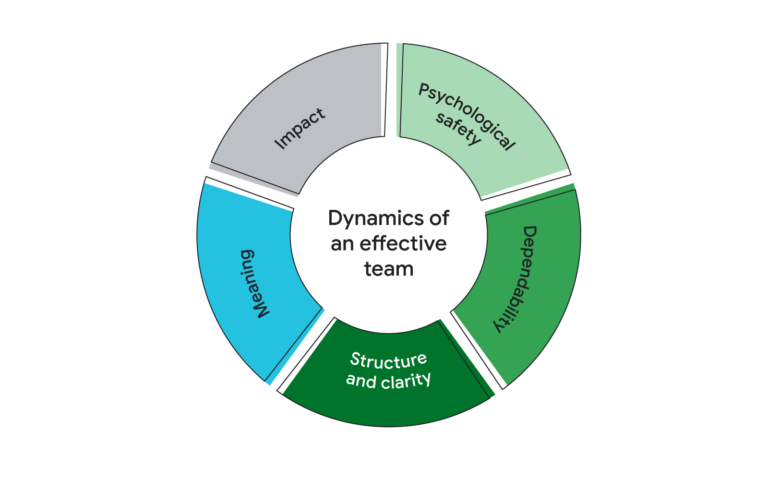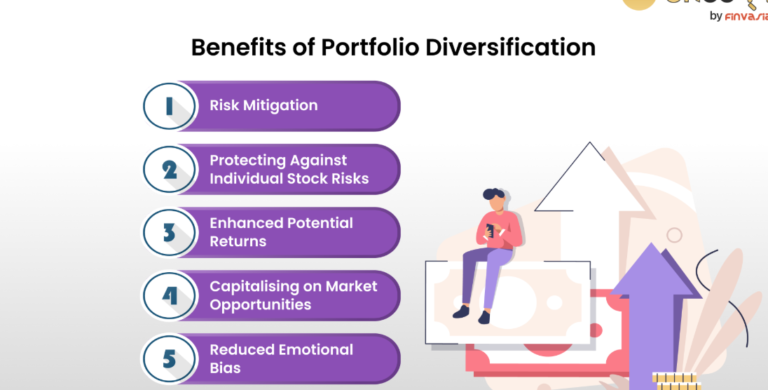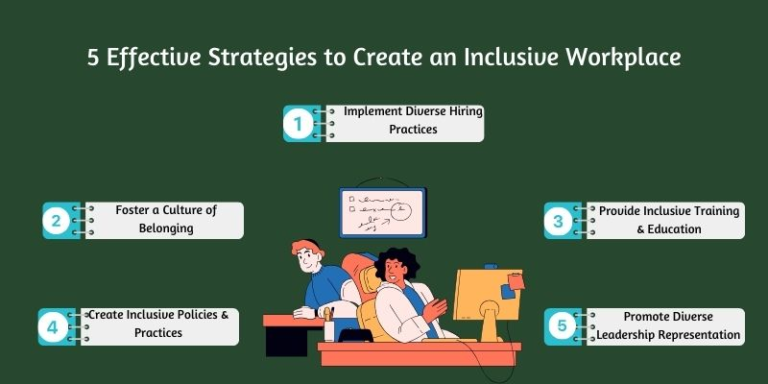
The real estate industry continues to evolve at a rapid pace, requiring leaders who can navigate change with vision, resilience, and a unique skill set. Exceptional leaders in this field go beyond management—they inspire trust, foster innovation, and guide their teams toward sustainable growth. Below are five essential qualities that define outstanding leadership in today’s competitive real estate landscape.
Visionary Thinking
Great real estate leaders can anticipate market shifts and spot opportunities early. Their visionary thinking comes from a deep understanding of the industry and a knack for creating long-term strategies that inspire confidence. By clearly communicating their vision, they align teams around shared goals and direction. Adam Gant Victoria exemplifies visionary thinking in real estate by consistently staying ahead of market trends and identifying opportunities early. Over the course of his career, Adam Gant Real Estate has cultivated extensive experience across a wide range of real estate sectors, including residential, retail, commercial, industrial, hospitality, land development, and elder care.
Adaptability
The real estate market is highly dynamic, influenced by advancements in technology, shifts in consumer behavior, economic conditions, and regulatory changes. Exceptional leaders exhibit adaptability by embracing these changes, remaining resilient during uncertainty, and cultivating a culture of flexibility within their teams. This approach ensures that their organizations remain agile and well-positioned to pivot when challenges or new opportunities arise. Adaptability extends beyond reactionary measures—it involves proactively preparing teams to thrive in an unpredictable environment.
Masterful Communication
In real estate, effective communication is a cornerstone of leadership. Outstanding leaders excel at articulating ideas, setting clear expectations, and nurturing strong relationships with clients, stakeholders, and team members. Equally critical is their ability to listen actively, address concerns, and foster trust. Strong communication drives collaboration, streamlines operations, and motivates teams. Satya Nadella, CEO of Microsoft, exemplifies leadership rooted in empathy and clarity. Under his guidance, Microsoft underwent a cultural transformation focused on collaboration, growth, and innovation. His transparent and trustworthy communication style has been pivotal to the company’s success.
Ethical Leadership
Integrity is a fundamental trait of effective leaders. Ethical decision-making ensures fairness, transparency, and accountability in all business dealings. In the competitive real estate sector, adhering to ethical principles not only safeguards a leader’s reputation but also builds trust with clients, partners, and employees. By prioritizing ethics, leaders create a solid foundation for long-term success, ensuring their organizations operate in a sustainable and principled manner.
Empowering Others
Exceptional leaders recognize that their success is directly tied to the capabilities of their team. They invest in their employees’ growth by creating opportunities for professional and personal development. By fostering a culture of trust, collaboration, and empowerment, they inspire loyalty while enabling team members to maximize their potential. Empowering others creates a compounding effect: Motivated and skilled teams promote innovation, enhance adaptability, and position organizations for long-term success in a constantly evolving industry.
Leadership in today’s real estate industry requires more than vision—it demands adaptability, communication, integrity, and the ability to empower others. Great leaders embrace these traits, driving their organizations to success while earning trust and respect. In real estate, leadership isn’t just about results; it’s about building a lasting legacy of excellence.



